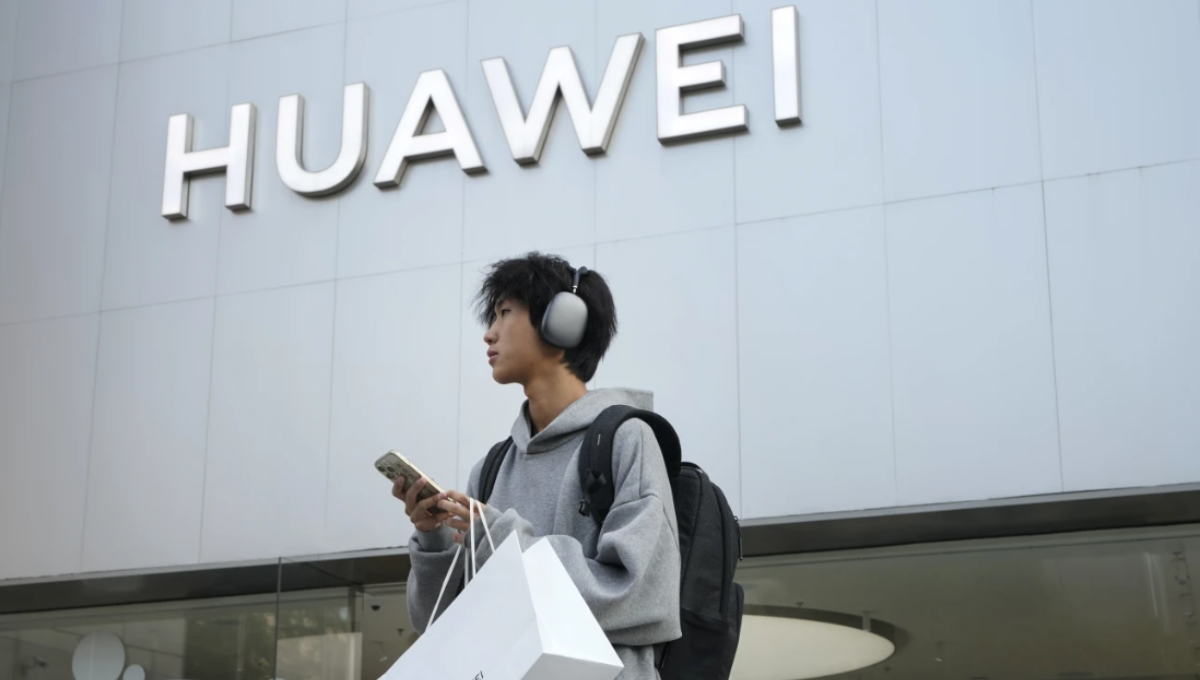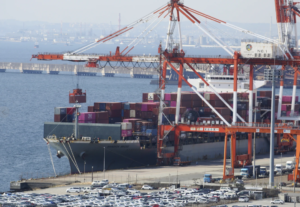A U.S. federal judge has ruled that Huawei Technologies, the major Chinese telecommunications equipment company, must face criminal charges accusing it of technology theft, racketeering, wire fraud, bank fraud, and other offenses.
U.S. District Judge Ann Donnelly denied Huawei’s motion to dismiss the 16-count indictment, stating in a detailed 52-page decision that the company’s arguments were premature and insufficient to halt the case.
Huawei did not immediately comment on the ruling.
The U.S. government alleges that Huawei and some of its subsidiaries conspired to steal American trade secrets, installed surveillance equipment in Iran that enabled the government to monitor protesters during the 2009 anti-government demonstrations, and conducted business in North Korea despite sanctions.
During former President Donald Trump’s administration, Huawei became a focal point of national security concerns. The administration actively urged Western allies to exclude Huawei from their 5G and other advanced wireless networks.
The indictment, first filed in January 2019, accuses Huawei of using a Hong Kong-based shell company named Skycom to sell equipment to Iran in violation of U.S. sanctions. It also charged Huawei’s chief financial officer, Meng Wanzhou, with fraud for allegedly misleading HSBC bank about Huawei’s business dealings in Iran.
Meng, who is the daughter of Huawei’s founder, was arrested in Canada in 2018 following a U.S. extradition request but was released in 2021 as part of a prisoner swap that secured the release of two Canadians detained in China.
Chinese officials have criticized the U.S. actions as economic coercion, arguing that national security claims are being misused to unfairly target Chinese companies. Huawei’s legal team argued in their motion that the charges were vague, overreaching beyond U.S. jurisdiction, and not tied to actual domestic wire or bank fraud.
Huawei, which is the world’s largest network equipment maker, has faced significant challenges maintaining its market position due to U.S. sanctions cutting off access to American processor chips and technology. In response, the company has accelerated development of its own chip technologies and refocused efforts on the Chinese market and industrial sectors such as hospitals and factories, which are less affected by sanctions.
Also Read:
Taiwan Includes China’s Huawei and SMIC in Its Export Control List
Huawei lobbyists banned from accessing European Parliament after bribery arrests














